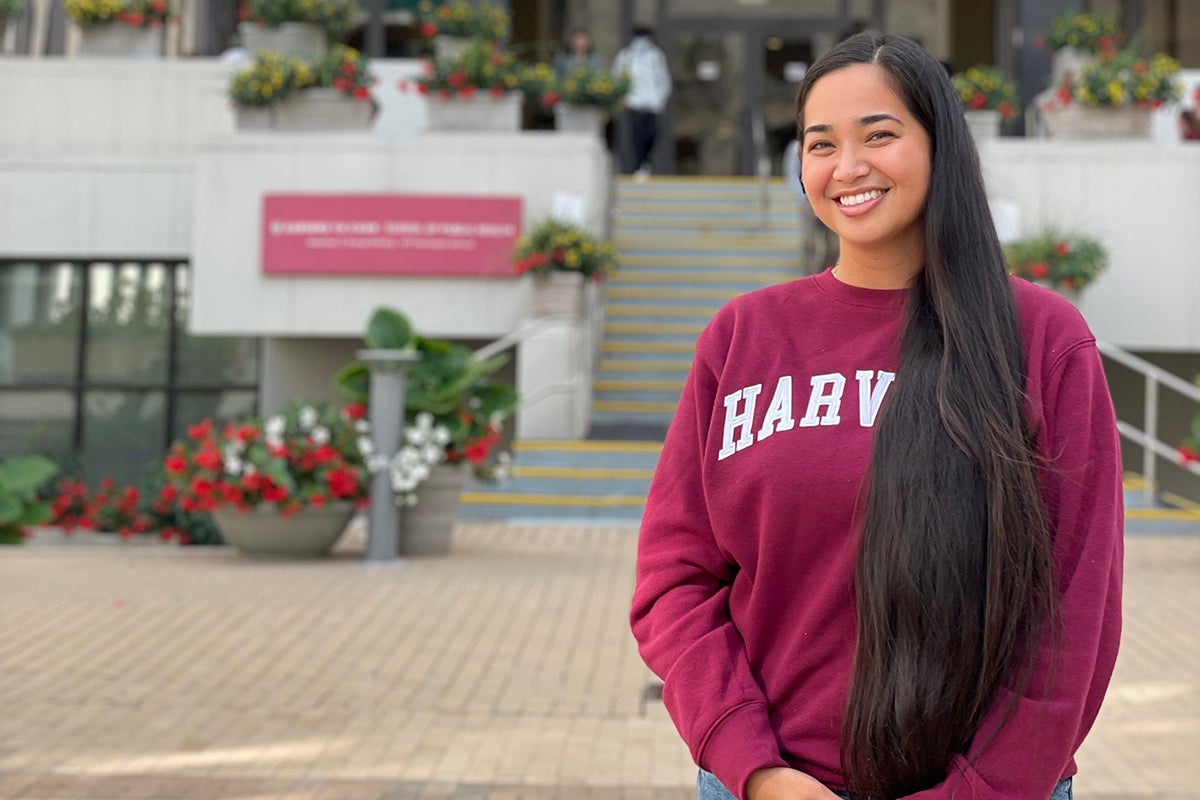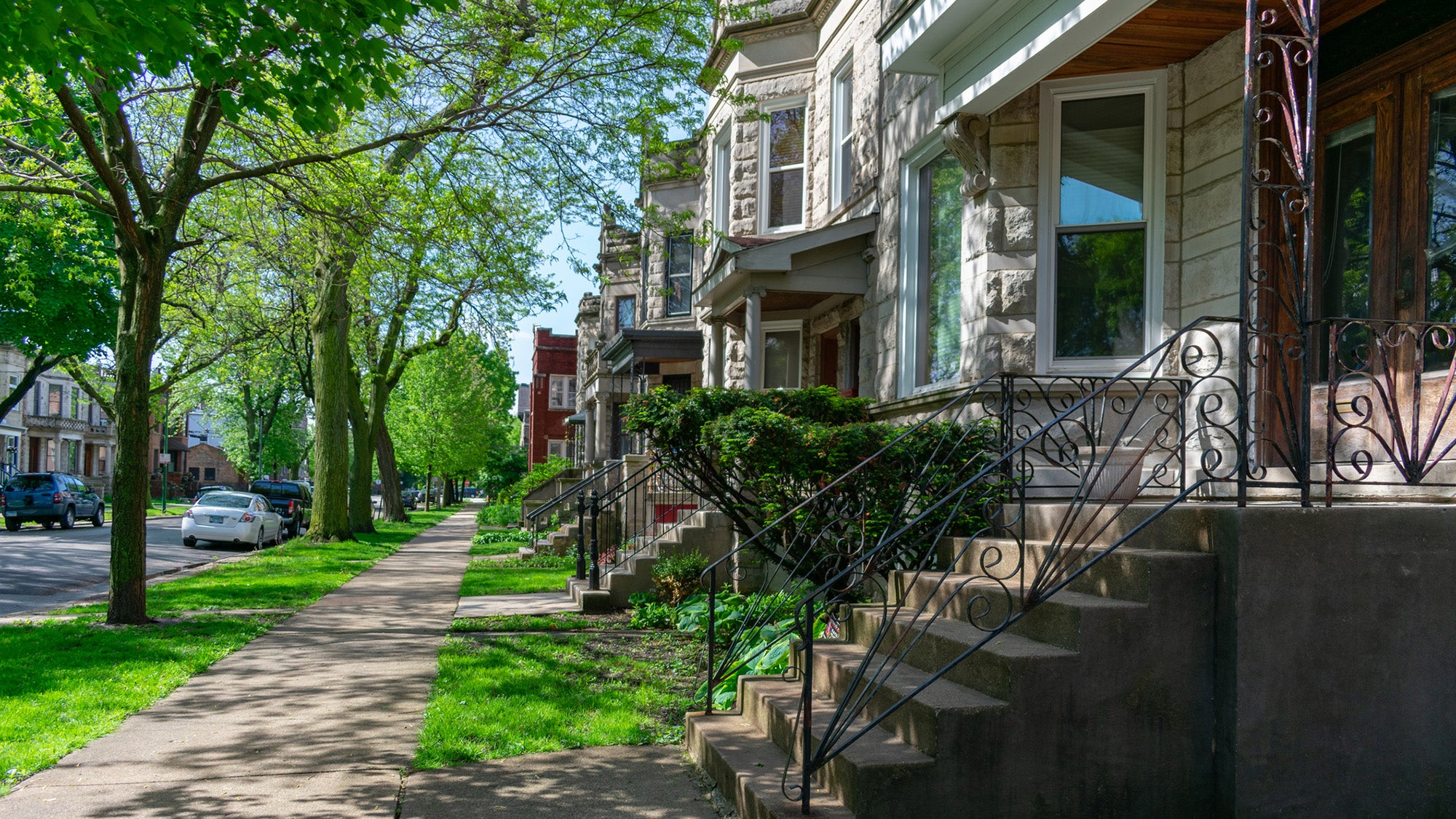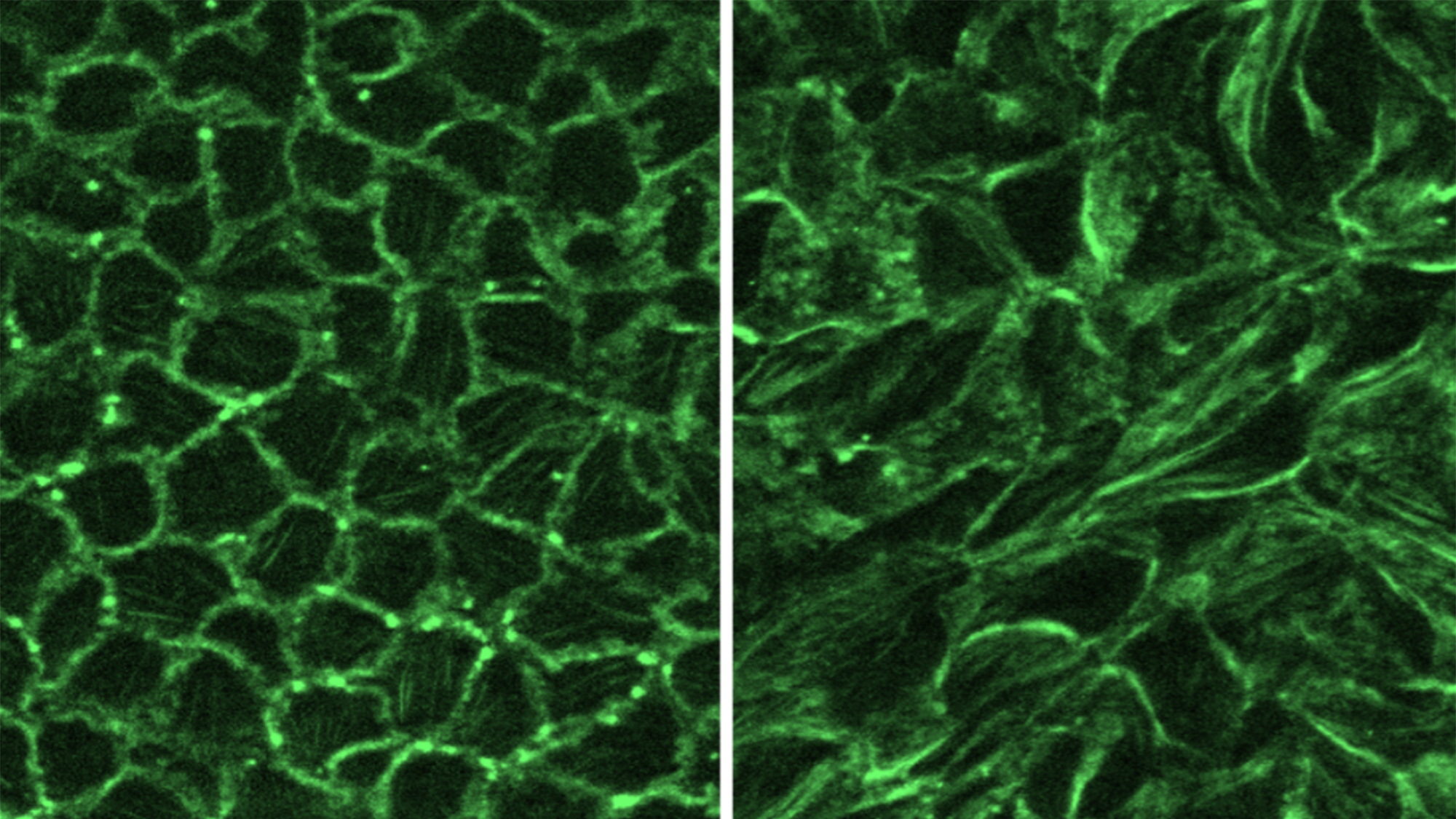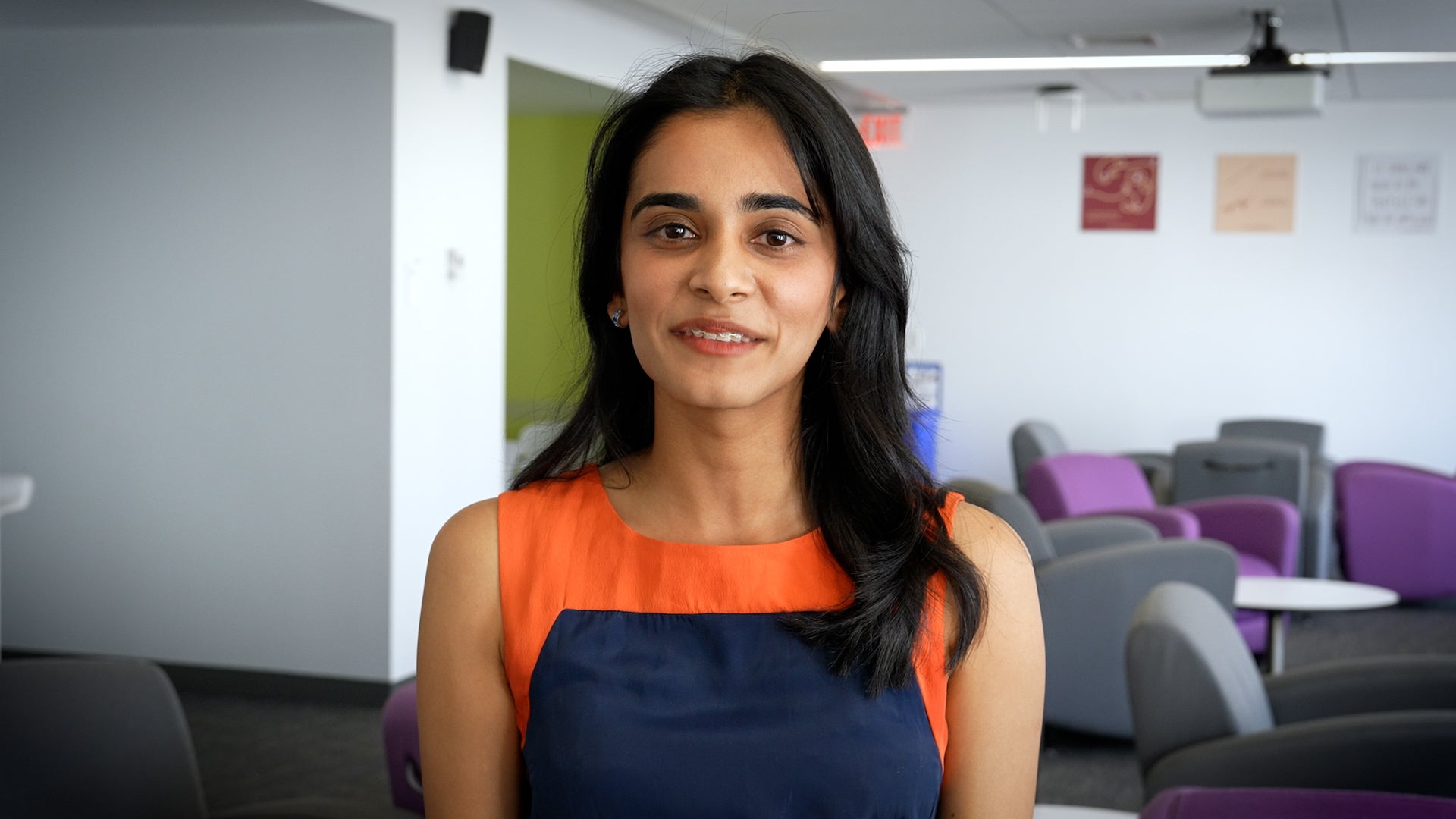Examining subsistence practices and environmental resilience on a Hawaiian island

December 21, 2023 — Momi Afelin was born and raised on the Hawaiian island of Molokai, where her dad’s side of the family has lived since they emigrated from the Philippines five generations ago. Molokai has the smallest tourism footprint of the state’s major islands, and more than half of its 7,500 residents have Native Hawaiian ancestry. In a recent interview, Afelin described how her community’s commitment to preserving traditional practices and restoring the local food system informed her path into studying nutrition and planetary health at Harvard T.H. Chan School of Public Health. She graduated this month with an MPH degree.
Coming into college, I wanted to be a doctor. I saw needs around mental health and wellbeing in my community that I wanted to address. I studied neuroscience and behavior on a pre-med track as an undergraduate at Wesleyan University. I also was interested in environmental justice issues and how they intersect with the food system. However, at the time, it was unclear to me how to weave these interests into my aspirations to become a physician. After graduation, I was accepted for a year-long Watson Fellowship, which gave me the opportunity to reflect on what I wanted to do, and to explore how other island communities like mine organize to address issues of environmental and social concern through social innovation and social entrepreneurship. Midway through, COVID-19 hit, so I returned home to continue my project.
Back on Molokai, I worked as a medical scribe. I assisted my mentor, Dr. Emmett Aluli, at a rural family health clinic. At the same time, I also started working in community-led environmental restoration. In the process, I got to see the connection between issues of land dispossession and degradation—like how a lot of our food is imported and less nutritious—and the health of our patients at the clinic. Many people were coming in for cardiovascular disease or metabolic disorders like diabetes, so a lot of our conversations were around food, and contextualizing dietary advice for the community. I started to realize that much of this work was actually public health, rather than just medicine, and that this was the area where I wanted to make an impact.
Planetary health put a name to what I wanted to do. I wanted to look broadly at how environmental change affects our health—including both marine and terrestrial health and subsistence practices. There aren’t a lot of other programs that let you specialize in this budding field in your master’s degree.
I appreciate the students’ diverse life experiences represented at Harvard Chan School. People come here from all over the world. And in my classes, we had dieticians, physicians, and folks who have done work in community organizing, international organizations, and startups. I learned so much from just sitting down at lunch in Kresge cafeteria and talking with my classmates and hearing their perspectives on different issues. I don’t know that I would have had that at other schools.
Being able to work in Christopher Golden’s lab has been really impactful, and a source of a lot of support and community. It was a great opportunity to see how what I’d been learning in my nutrition courses gets applied in a research setting. I learned about different types of studies, nitty gritty details like how to portray data in a figure, and how research can create impact. Then I was able to implement those frameworks and practices with my own research.
For my practicum [which received financial support from the Rose Service Learning Fellowship], I returned home to Molokai to study subsistence practices and food security. Subsistence practices like hunting, fishing, gardening, and gathering are a big part of our food sources and lifestyle on my island. Thirty years ago, the governor commissioned a report on the importance of these practices and the problems that were making them more difficult. Local organizations still reference it, so I thought it could be valuable to the community to see what has changed and to build upon the topics explored in the initial report.
One of my early findings is that within the sample population, 53% of households have low or very low food security. This is more than double the prevalence of food insecurity in Hawaii overall. Furthermore, my preliminary results reveal that across all residential areas on the island, participants report that an average of at least 25% of their total food comes from subsistence. This underscores the importance of protecting subsistence practices, especially given the high prevalence of food insecurity on the island.
We’ve seen a lot of environmental issues arising on Molokai that have the potential to impact subsistence practices. Things like drought, coral bleaching, and erosion. While these can just be random events, we are also anticipating that with climate change these threats will be exacerbated over time. A key part of this study was evaluating the environmental changes that Molokai residents view as impacting subsistence practices.
Thinking about how environmental issues interact with our resilience as a community, and especially with our food and our food sovereignty, was a big part of what drew me to want to look at subsistence. My primary objective is to make this information available to our community and to our policymakers to help inform food security interventions that consider our community’s subsistence practices. My hope is that the data generated by this report can support the protection of subsistence practices and thus the availability of locally available nutritious foods. Looking forward, I’m hoping to continue building upon this line of research post-graduation.
Photo: Courtesy of Momi Afelin


